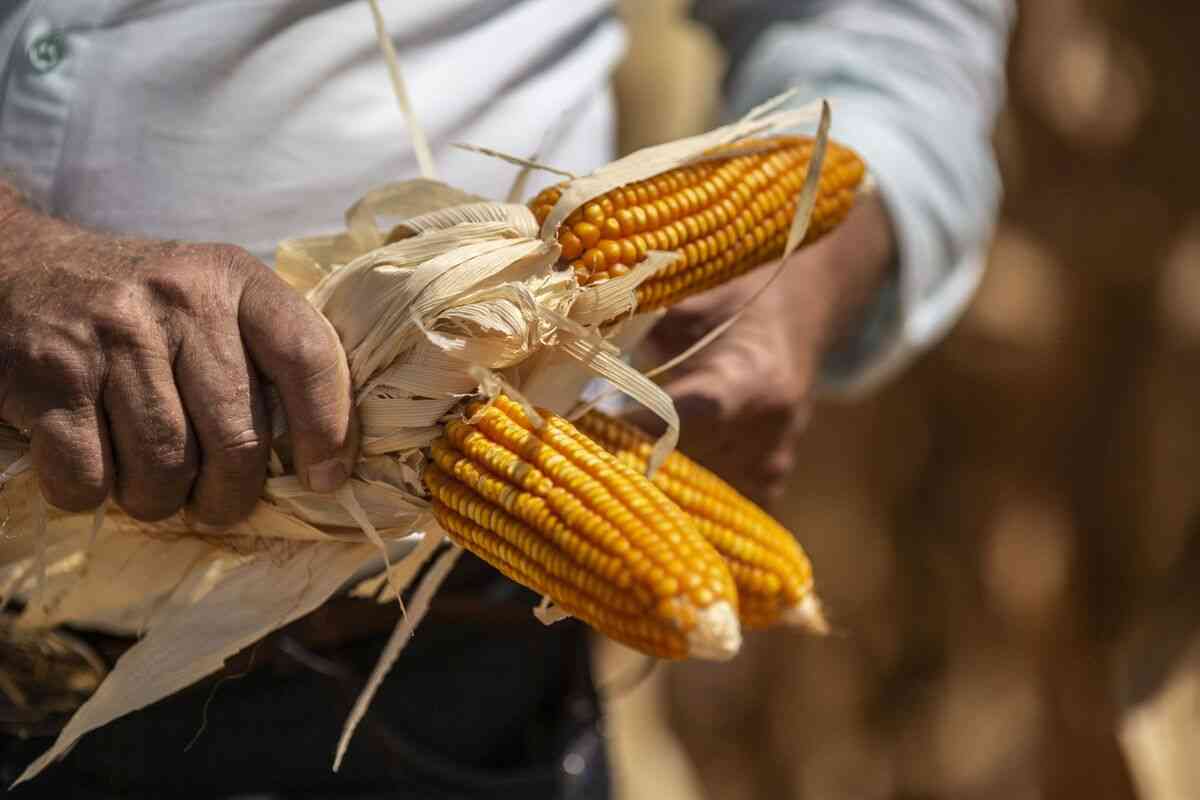
BY TATIRA ZWINOIRA SEEDCO Limited says economic and climatic challenges continue to affect the company’s production plans.
Zimbabwe’s macro-economic environment is negatively affecting farmers who are under the cosh from a depreciating local currency leading to unfavourable payment terms for farmers as they end up selling their crops at discounted rates.
“The adverse climate change developments, during the last season, notably the late onset of rains, mid-season dry spell, flooding, early and late termination of the season in Zimbabwe, Malawi, Mozambique and Zambia as well as drought in parts of East Africa negatively impacted yields,” SeedCo chairman David Long said in the firm’s annual report for the year ended March 31, 2022.
“On the economic front, the currency crisis, funding shortages, hyperinflation and a plethora of policy directives and reversals in Zimbabwe continued to worsen; constraining the ease of doing business. The election fever gripping Zimbabwe ahead of next year’s election is further increasing uncertainty in the operating environment.”
He warned that global inflation pressures and rising fuel prices could further negatively impact the economic environment unless urgent reforms and policy interventions are undertaken.
SeedCo chief executive officer Morgan Nzwere said the seed supply constraints arose as a result of the termination of prior year rainfall season which impacted the dry down of seeds and increased incidences of cob rots in maize seed, particularly.
“This delayed processing and distribution of seed slowing down early seed sales before the onset of the rainfall season,” Nzwere said.
“By the time seed was placed in the market it was clear that the rains were late, and this discouraged farmers from purchasing seed.”
- Chamisa under fire over US$120K donation
- Mavhunga puts DeMbare into Chibuku quarterfinals
- Pension funds bet on Cabora Bassa oilfields
- Councils defy govt fire tender directive
Keep Reading
However, he said the production plan for the FY21/22 season incorporated some buffer and indications from ongoing deliveries showing that the company would have adequate seed for the upcoming season despite the challenges of erratic rains.
“The company is busy mobilising working capital to fund seed intake and processing ahead of next selling season,” Nzwere said.
Despite the challenges facing SCL, the company noted that the seed inventory available for sale in FY22 was adequate to meet demand in Zimbabwe albeit with some varietal shortages.
According to the report, the challenges facing the company contributed to a loss of $650,5 million in its inflation adjusted financial results.
This is because among the challenges, inflation led to a 71,5% increase in cost of sales, weighing down on profitability.
The loss was from a profit after tax of $1,43 billion over the comparative 2021 period.
“The company posted an inflation-adjusted turnover of $9,3 billion which is 8% lower than restated prior year’s $10,1 billion with the decline being attributed to the drop-in volumes by 20% due to the late onset of rains and pricing confusion at the start of the selling season,” Long said.
He added that despite the challenges, the seed inventory available for sale in the current year was adequate to meet demand in Zimbabwe although some varieties could experience shortages.
“The regional markets also had adequate stocks save for Kenya and Nigeria which experienced shortages because of prior season drought and excessive rains respectively. Seed production for other crops remained in a satisfactory position,” he said.
“Despite the largely exogenous challenges, the company always factors buffer stock in its production planning, and this helped to mitigate the impact of erratic rains on seed production. We are increasing our investment in the production of in-demand crops like soybean and wheat in response to the global supply shocks.”
Long said seed quality continued to improve as the group reaped the benefits of continuous investment in quality control systems, human resources, and modern laboratory equipment.
In that regard, SeedCo released several new seed varieties all of which seek to provide solutions for the company’s farmers to deal with the adverse effects of climate change.
“SeedCo’s ESG innovation pillar remains our uppermost priority to deliver climate-smart crop high-yielding seed solutions, agronomic support, and training for the efficient utilisation of arable land and other farming inputs to sustainably make both small and large-scale farming profitable enterprises that feed both people and livestock with catalytic effects on critical economic value chains,” Nzwere said.
“The aim is to release at least five new improved maize hybrid varieties every year and at least one new improved variety from each of the other crop categories.”
The company will continue to invest in research and development.
Long said the aim was to always be ready through the adoption of modern breeding technologies and maintaining a pipeline of product innovations that help the firm shorten the time from concept to market.
He added that SeedCo was now positioning itself to be at the genesis of the food chain that is expected to be supported by the anticipated forced import substitution and increased investment in agriculture.
This is so as to plug the gap that used to be met by imports from Ukraine and Russia.
“The extent of the growth opportunity is however expected to be diluted by unavoidable imported inflation that will offset higher commodity prices and increased investment in agriculture,” Long said.
“Monetary tightening to curb inflation will also give rise to higher interest rates translating to increased cost of funding business operations.”
- Follow Tatira on Twitter @tati_tatira











